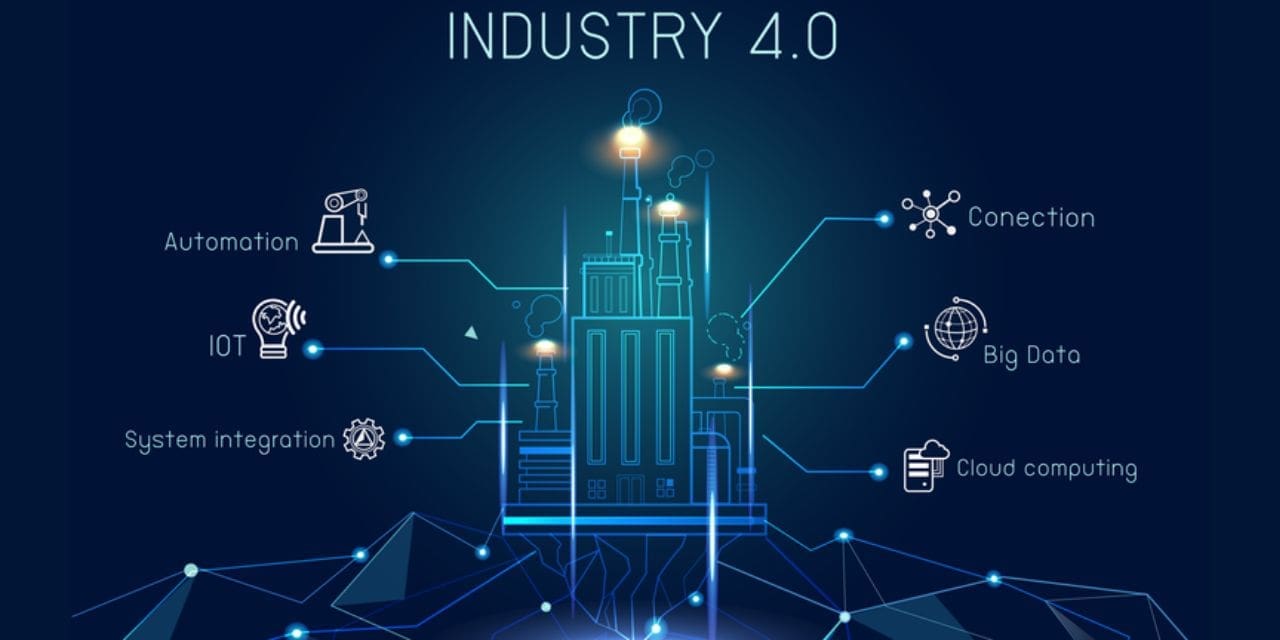The textile industry is a vital part of the global economy, accounting for trillions of dollars in annual revenue. Despite its importance, this industry is facing several challenges that threaten its sustainability, including supply chain disruptions, climate change, and the need to keep up with changing consumer preferences. Digitalization and Industry 4.0 are two trends that could help the textile industry overcome these challenges and pave the way for a more prosperous future.
Digitalization refers to the integration of digital technologies into business processes to improve efficiency, productivity, and competitiveness. In the textile industry, digitalization can take many forms, such as automation, data analytics, and supply chain management. The benefits of digitalization are numerous and far-reaching, from reducing costs and waste to improving product quality and customer experience.
One of the key areas where digitalization is transforming the textile industry is in the manufacturing process. Automation technologies such as robotics and artificial intelligence are being used to streamline and optimize production, leading to faster turnaround times, higher yields, and lower costs. Additionally, data analytics is being used to monitor and optimize various aspects of the manufacturing process, from raw material selection to finished product quality control.
Another area where digitalization is transforming the textile industry is in the supply chain. Blockchain technology, for example, is being used to increase transparency and traceability in the supply chain, allowing companies to identify and address issues more quickly and efficiently. Furthermore, digital platforms are being developed to facilitate communication and collaboration between different players in the supply chain, from suppliers to manufacturers to retailers.
Industry 4.0 is another trend that is shaping the future of the textile industry. Industry 4.0 refers to the fourth industrial revolution, which is characterized by the integration of digital technologies into all aspects of manufacturing. Industry 4.0 encompasses a range of technologies, such as the Internet of Things (IoT), artificial intelligence, and cloud computing, that are transforming the way that goods are produced and delivered.
In the textile industry, Industry 4.0 is being used to create smart factories that are more efficient, flexible, and sustainable. By integrating sensors and other IoT devices into machines and equipment, manufacturers can monitor and optimize production in real time, leading to higher yields and lower costs. Furthermore, the data generated by these devices can be used to improve product quality and reduce waste.
Automation is another key aspect of Industry 4.0 in the textile industry. By automating tasks such as material handling, cutting, and stitching, manufacturers can reduce labour costs and improve efficiency. Moreover, by integrating automation technologies with other Industry 4.0 technologies, such as machine learning and predictive analytics, manufacturers can create intelligent systems that can learn from data and optimize performance over time.
India is a country that is at the forefront of both digitalization and Industry 4.0 in the textile industry. India has become the second-largest manufacturer of personal protective equipment (PPE) in the world, with over 600 certified companies producing PPEs today. The country’s textile industry is also expected to reach a business size of $250 billion by 2025. Furthermore, Indian researchers have developed an innovative green technology called air nanobubbles that can reduce water usage in the textile sector by up to 90 percent.

